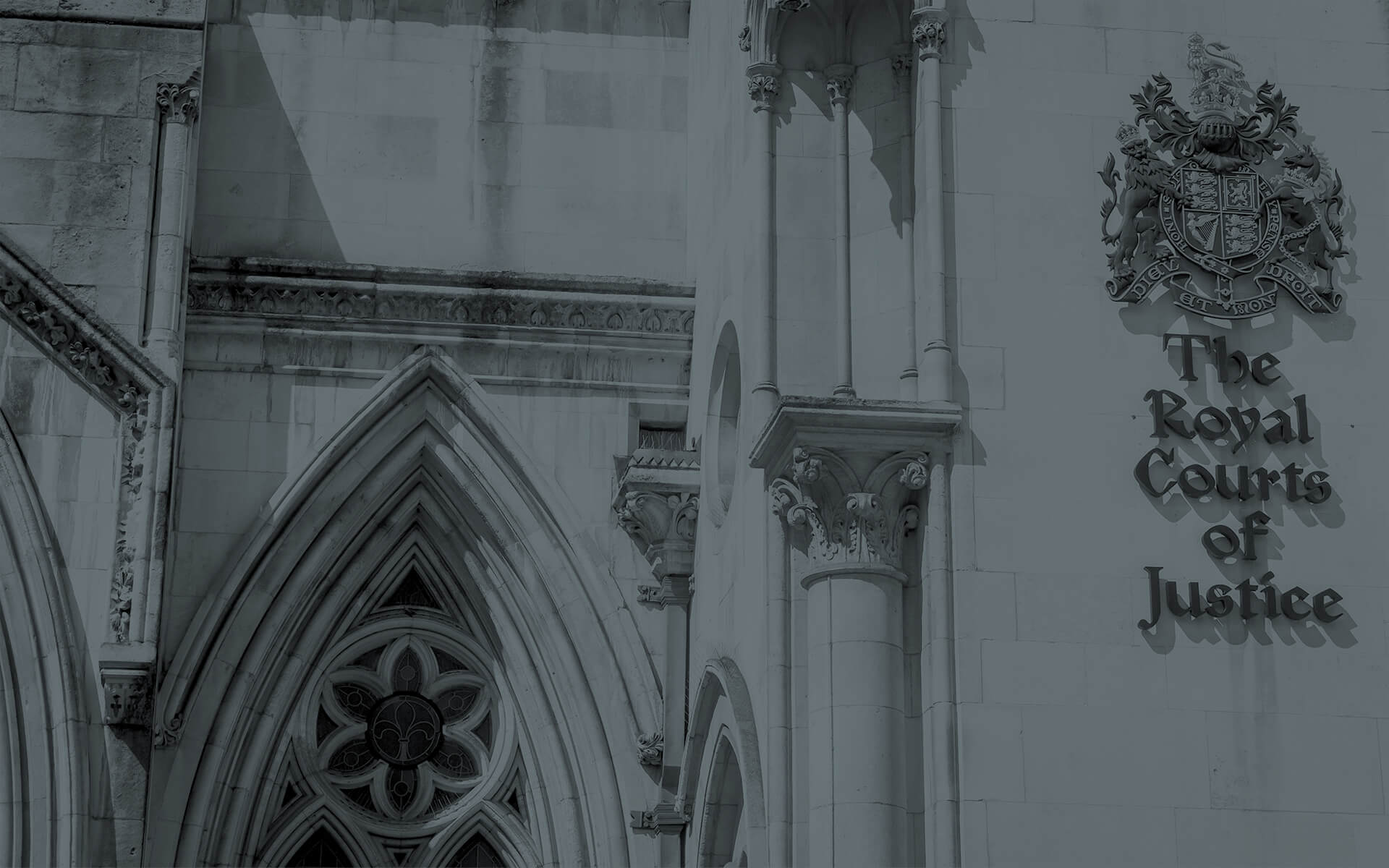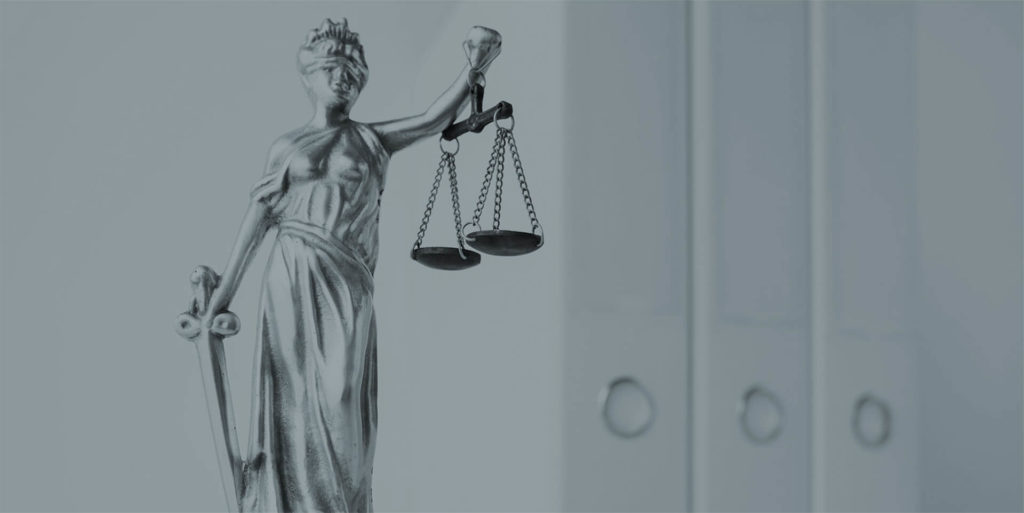Send your enquiry.
Contact us for a free, initial no obligation consultation.
"*" indicates required fields
Your information is safe and treated in accordance with our Privacy Policy
A freezing order is much like a restraint order in that it freezes an individual’s assets, subject to the conclusion of legal proceedings. However, it is possible to ask for the order to be varied or set aside, if the terms are too harsh or are unjust.
solicitors – England and Wales
If you have been served a freezing order, you need to speak to our fraud solicitors now. Urgent action is required. Contact us for a free initial enquiry. We represent clients across England and Wales. We are available to take your call 24 hours a day, 7 days a week.
What is a freezing order?
A freezing order is a type of court injunction that stops an individual from accessing or moving their assets. This includes money in the bank, property, cars, business assets and shares. The individual – who for the purposes of legal proceedings is known as the ‘respondent’ – will be able to withdraw a small amount for day-to-day living expenses. Otherwise, their assets will be frozen until a further court judgment is made.
What is the purpose of a freezing order?
The purpose of a freezing order is to prevent an individual from dissipating their assets or moving them abroad. This may be necessary where the respondent owes money, yet the creditor is concerned that the assets will be hidden or transferred before court proceedings have concluded. The freezing order is issued on an interim basis to protect the assets, ensuring any later enforcement proceedings are not obstructed.
For example, the respondent may be under investigation for civil fraud. The authorities may therefore seek a freezing order to ensure the respondent does not dispose of their assets before the court has passed its final judgment. The authorities want to ensure the assets are preserved, meaning they can later be recovered using a confiscation order.
Who can freeze assets?
Anyone can apply for a freezing order to be taken out against another person. Usually, these applications are made by enforcement authorities such as the HMRC and the police. The applicant must prove the following:
- There is sufficient cause for the freezing order to be granted – for example, the respondent has committed fraud
- There is a good and arguable claim against the respondent – meaning the case must have a reasonable prospect of success, even if the respondent is later acquitted
- There is a real risk that the assets will be disposed of or dissipated
- Full and frank disclosure has been made by the applicant
- The respondent has sufficient assets to warrant a freezing order
- It is just and convenient to grant the order, meaning it would not cause unnecessary hardship
The court will carefully consider whether the above criteria have been fulfilled. If not, the application may be rejected.
What happens when you’re served a freezing order?
Normally, the applicant applies for a freezing order on an ‘ex parte’ basis. This means that you will not be told about it. Instead, the application is effectively made in secret and the court will consider its merit without your knowledge. If the freezing order is granted, you will be served notice immediately, either in person or via a letter. The freezing order will then be effective until a full hearing takes place. A full hearing usually happens within seven to 14 days.
Normally, the applicant applies for a freezing order on an ‘ex parte’ basis. This means that you will not be told about it. Instead, the application is effectively made in secret and the court will consider its merit without your knowledge. If the freezing order is granted, you will be served notice immediately, either in person or via a letter. The freezing order will then be effective until a full hearing takes place. A full hearing usually happens within seven to 14 days.
At this point, we highly recommend that you contact our solicitors for expert legal advice. We are available to take your call 24 hours a day, 7 days a week. We can help you prepare for the next stage of the process, which is a court hearing.
At the court hearing, you can ask to have the freezing order varied, if the conditions are too harsh. You can also ask to have the freezing order discharged.
Can I defend a freezing order?
Yes, you can defend a freezing order. If you are served a freezing order and you want to have it set aside, you need to instruct a solicitor. A solicitor will determine the best defence in your case. Some common grounds are:
1. The court does not have jurisdiction
If the courts in England and Wales do not have the authority to freeze your assets, then the order must fail.
2. The applicant’s case is not good and arguable
The burden is on the applicant to prove that their case is good and arguable. If the applicant fails to meet this legal test, then the order must fail.
3. There is no risk of dissipation
A freezing order is only needed when there is a real risk that assets could be moved or dissipated in some way. If this risk does not exist, then a freezing order is not necessary.
4. There has been an unreasonable delay
The court will be very suspicious if an applicant fails to request a freezing order in a timely manner. After all, if the applicant is so concerned that the respondent will dissipate their assets, then surely a freezing order is needed as a matter of urgency? If there are delays, the freezing order may be discharged on this basis.
5. The applicant has not met their duties
The applicant must submit full and frank disclosure when applying for a freezing order. If certain information is concealed to strengthen their case, then this will result in the freezing order being discharged. The applicant may also have made other errors, such as not giving the respondent notice.
What happens if the freezing order is discharged?
If the freezing order is discharged at the hearing, then you will be free to access your assets once again. You may also receive a sum of compensation. This is because the applicant may be required to provide an undertaking in damages when applying for the freezing order. If the court later finds that there was no reasonable cause for the freezing order, then you may be awarded damages for the stress, inconvenience and financial losses that have been caused.
What happens if the freezing order is continued?
If the court decides that the freezing order should be continued following the hearing, then your assets will remain frozen. This will cover your assets in England and Wales, which is known as a domestic freezing order. The court may also issue a worldwide freezing order, which freezes worldwide assets.
Any third parties who hold or have access to your assets will also be subject to the order. Specifically, they will not be allowed to move your assets or help you access them. This includes banks and trustees.
You will be allowed to withdraw a nominal fee for daily living expenses. Other legitimate expenses will also be permitted, such as the payment of legal fees, the payment of debts and, the ability to carry out ordinary business transactions (if you own a business).
The freezing order will last until further notice. This is typical until the end of further court proceedings. If the accused is acquitted, then the freezing order will be lifted. But if the accused is found guilty, then the freezing order may be lifted and a confiscation order imposed instead. This allows the authorities to recover assets that have been obtained using the proceeds of crime.
What are the consequences of non-compliance?
Failing to comply with the terms of a freezing order is considered contempt of court. This can lead to criminal charges, along with a fine and a period of imprisonment. Both the respondent and third parties can be held in contempt of court for breaching the terms of a freezing order, even if it happens inadvertently.
Can I ask for a freezing order to be varied?
Yes, you can ask for a freezing order to be varied. This might be the best course of action if there are not sufficient grounds to have the order discarded. A freezing order is a serious intrusion on your life. If the terms are oppressive, your solicitor can ask for the order to be amended. This may allow for greater living expenses or other exceptions. To succeed in having an order varied, you need to show the court that you will suffer a loss and that the impact of this loss would cause unnecessary hardship.
What should I do if I’m served a freezing order?
If you are served a freezing order, you need to get immediate legal advice. As the respondent, you have a very limited amount of time to submit information regarding your assets and their location. Your solicitor can request an extension and can then compile a full and accurate picture of your financial position. This is essential, as any falsehoods could result in further criminal charges. The court will also look unfavourably on anyone who acts dishonestly.
Your solicitor can also consider the best next steps to take, whether that is to request a variation or to ask to have the order discharged. Being subject to a freezing order is a worrying ordeal that can have serious financial implications for you, your family and your business. If the freezing order is continued by the court, you will only be allowed to spend money for ordinary living expenses. This is typically in the range of £700 to £1,000 per week. This may not be sufficient to meet your needs. You may wonder how you are supposed to survive, especially as it can take months or even years for some investigations to conclude.
A solicitor can represent you in court, presenting why the order should be varied or set aside. Either outcome will no doubt be a huge relief, allowing you to manage on an interim basis until further proceedings have ended.
What Value Can a Freezing Order freeze?
There are 3 main categories
- Maximum sum order e.g. the Court sets a £500,000 limit
- All assets were frozen with a General Order
- Specific Order attaches to a specific asset e.g. that Ferarri again.
Contact our freezing orders solicitors
If you have been served a freezing order, contact us for a free initial enquiry. We understand the terrible impact financial restrictions can have on your life. We will provide expert legal advice as to how best to handle the situation. Responding to a freezing order requires immediate action, and we will apply our legal advice immediately to achieve a favourable outcome on your behalf.
More Resources
- Production Orders Explained
- What Are Unexplained Wealth Orders
- What Are Proceeds Of Crime Proceedings
Call us on 0333 009 6275. We are available 24 hours a day, seven days a week.
You can also email us at enquiries@ashmanssolicitors.com or complete our Free Online Enquiry Form, and we will contact you.




